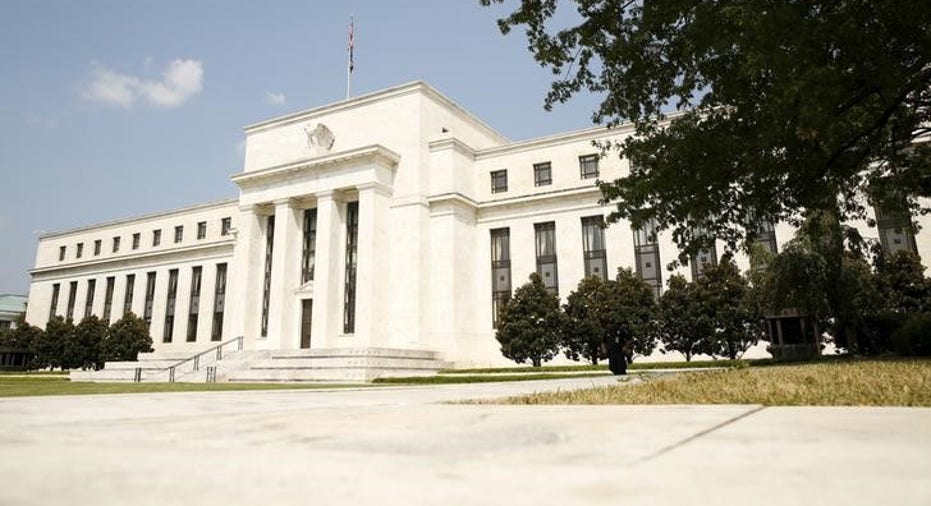Fed's Harker stands by call for rate hike next month

A Federal Reserve official said on Monday he expects to back an interest rate hike next month despite caution over low-inflation, as U.S. central bank policy needs to be positioned to deal with future economic shocks.
Philadelphia Fed President Patrick Harker said he has "lightly penciled in" a December rate hike. However, he flagged he had slightly less conviction about the policy decision than he had last month as he "continues to elicit caution" about weak inflation and also about the way in which it is measured.
Harker said he expects the Fed to raise rates three times next year as long as inflation remains on track, and the projected tightening could take policy to what he would describe as a neutral stance.
Harker, a centrist voter on the Fed's monetary policy committee this year under an internal rotation, said the Fed must continue normalizing policy as the economy is "more or less at full strength" and there remains "very little slack" in the labor market.
"Removing accommodation is the right next step for a few reasons," he said in prepared remarks to a Global Interdependence Center conference in Tokyo.
"In the event of another shock to the system, I want our tools to be at their most effective, and in my view, that means reducing our balance sheet."
Price measures have drifted lower below the Fed's 2-percent target this year even while unemployment has fallen. The central bank has raised rates a notch twice in 2017 and is widely expected to do so again next month from its current target range of 1.00 percent to 1.25 percent.
The Fed will also continue to trim its nearly $4.5-trillion bond portfolio, which Harker said should be clearly communicated in advance and happen in a predictable manner.
Harker said the conditions in the U.S. economy are ripe for further gains in consumer prices, but he wants to make sure he can confirm this in the economic data.
"We will see unemployment drop below 4 percent probably late 2018 or early 2019, before it starts to come back up," Harker said.
"That should put pressure on wages and we should see inflation moving back to target. But again, I emphasize the word 'should' because we've been predicting this for a while and it hasn't happened."
U.S. President Donald Trump earlier this month chose Federal Reserver Governor Jerome Powell to become the next head of the U.S. central bank when current Fed Chair Janet Yellen's term expires in February 2018.
Harker said he did not anticipate big changes to monetary policy because of Powell's appointment. Harker also said it is still undecided whether Yellen will stay on as a Fed governor after her term as chairwoman ends.
Powell has gone further than his colleagues in his calls to relax some of the stricter banking regulations imposed after the 2008 financial crisis.
When asked, Harker said the Fed has more room to lower the regulatory burden on small banks but urged caution on regulations for large banks.
Harker said the United States faces a demographic challenge as baby boomers retire and are replaced by younger workers who get paid less. He saw parallels with Japan's rapidly aging population and said raising productivity is the key to solving this problem.
"We create the conditions for growth, or lack thereof, but fundamental growth comes from the increase in labor force and the increase productivity," he said.
"By definition, those two define fundamental economic growth." (Reporting by Stanley White; Editing by Sam Holmes)



















